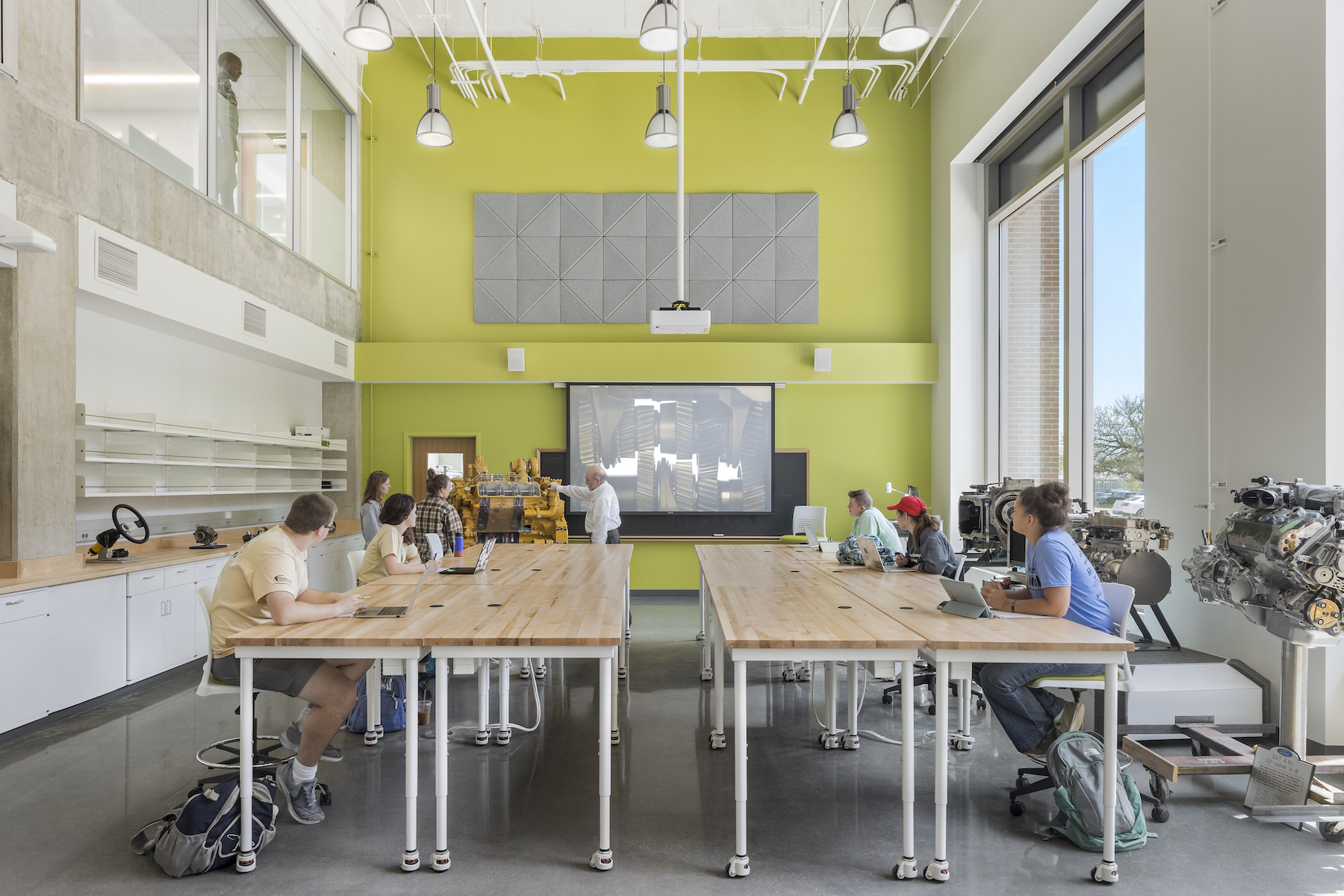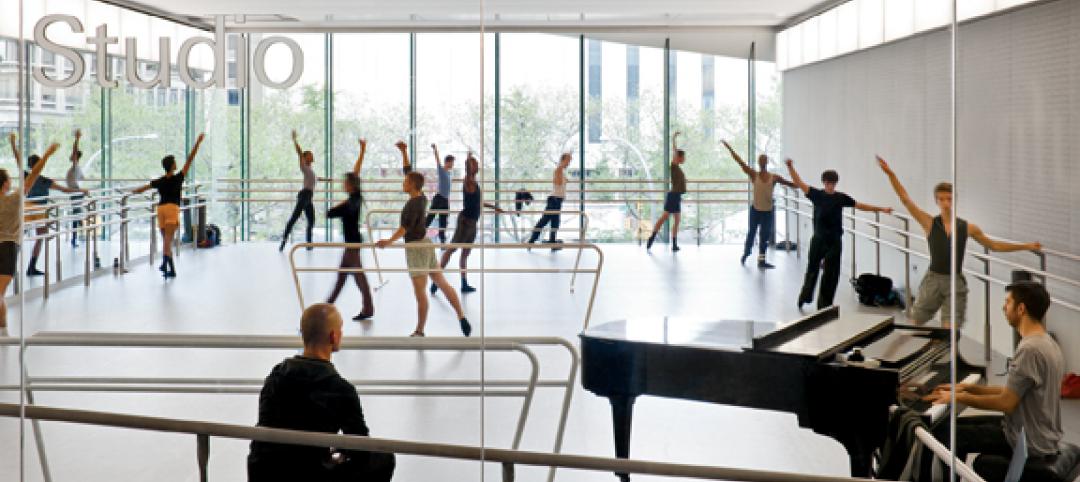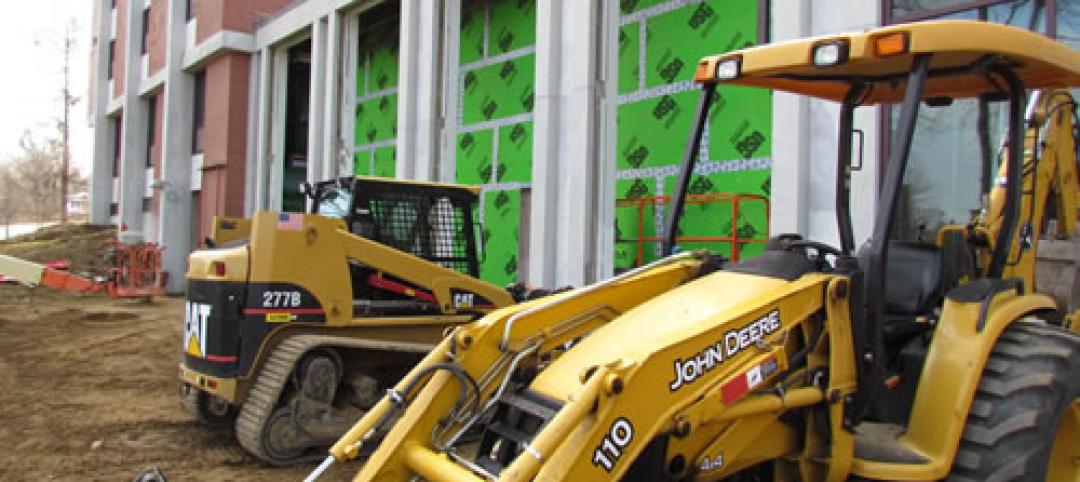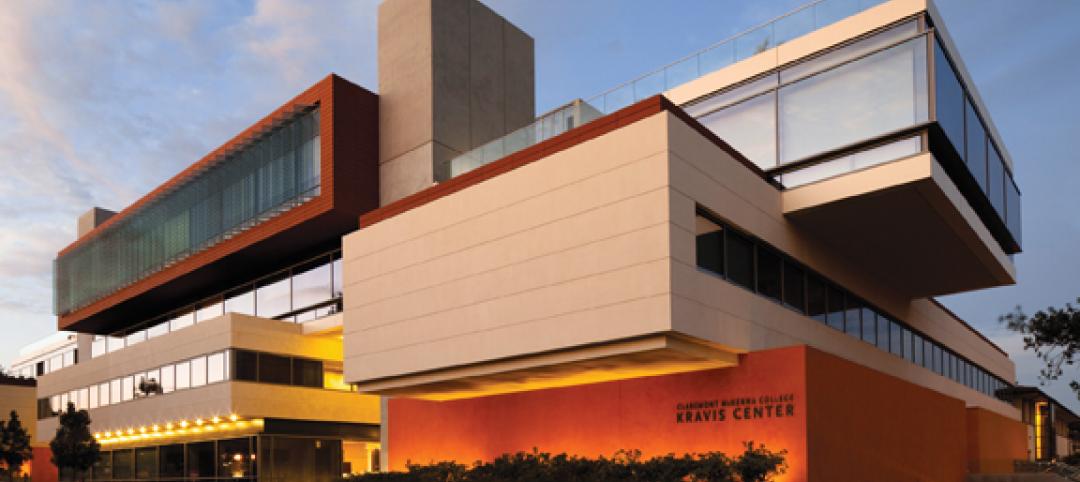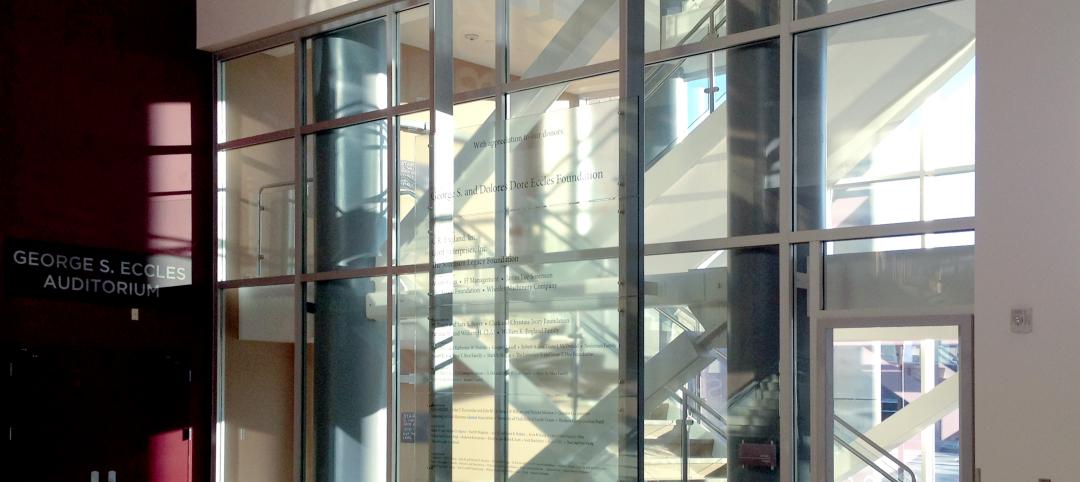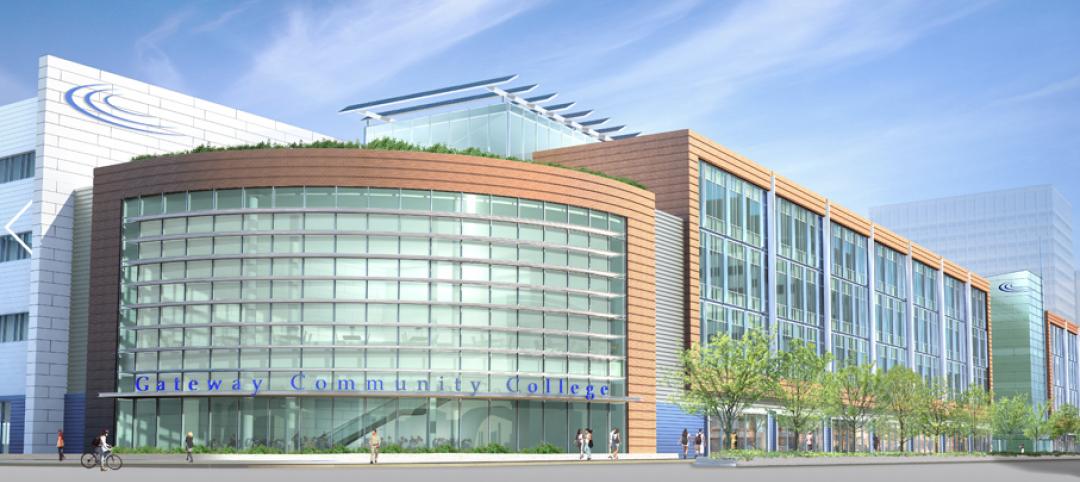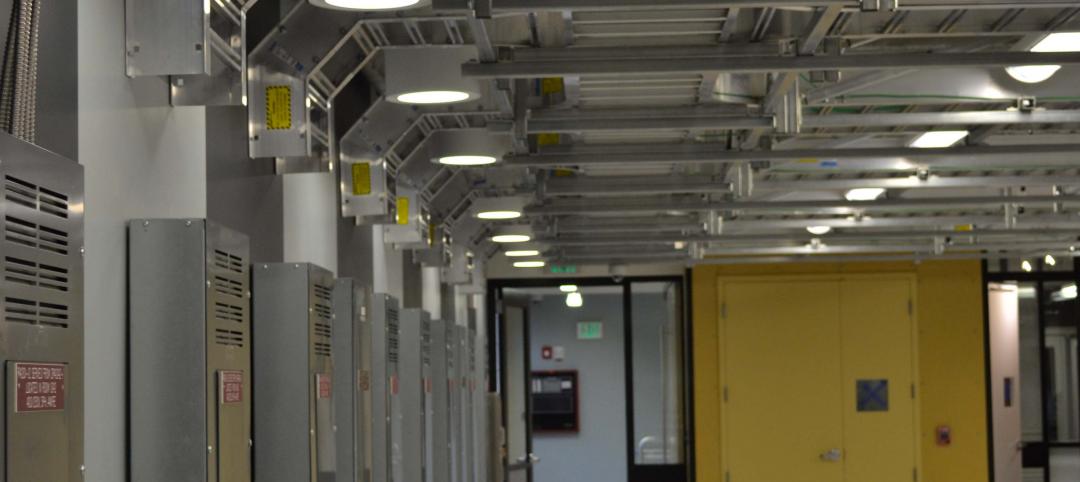While the debate persists among office workers and employers on when and how “return to work” will occur as the COVID-19 pandemic wanes, there is little doubt about what the nation’s 19.7 million college and university students are planning to do this fall.
They want out of mom and dad’s house. They want to be back on campus. And, it’s not up for debate, according to a survey of more than 1,500 college students by student housing developer and manager Core Spaces. The study, conducted among residents of Core Spaces properties across 14 states, showed that an overwhelming majority—92 percent—said they wanted to come back to campus when classes began for the spring 2021 semester, up from 89 percent in the fall 2020 semester. Moreover, nearly 88 percent said that they planned to go back to campus even if online/distance learning protocols were still in place. (Core Spaces has not released data for the fall 2021 semester, but we surmise that this sentiment will hold true.)
The rush back to campus places the pressure squarely on higher education institutions to maintain health and safety protocols campus-wide to help prevent the spread of the coronavirus. In fact, public health and safety just might be the new in-demand amenity at U.S. universities and colleges, according to a research study on college/university selection factors by JLL’s Higher Education team.
The JLL survey asked 500 parents of high school-aged children who are currently evaluating higher education institutions to rank their top selection factors for choosing a school. Not surprisingly, “quality of academics” and “affordability of college or university” were cited most often by parents. The eye-opener was number three on parents’ wishlist—“campus cleanliness and indoor air quality”—which was cited as an “important” or “somewhat important” factor in the selection process by 84 percent of respondents. IAQ/cleanliness outranked more traditional selection factors like location, campus housing options, financial strength of the school, diversity of the student body, and commitment to sustainability.
Admittedly, most parents—59 percent—said that they did not consider campus air quality a factor prior to the COVID-19 pandemic. Ron Gregory, JLL Higher Education’s Executive Vice President North America, believes that prospective students and their parents will demand “the highest standards around cleanliness and air quality” from their school of choice.
JLL says cleanliness extends to the overall look and feel of the campus and the physical condition of the buildings. Nearly nine in 10 respondents—88 percent—said the physical condition of buildings was important; 86 percent for campus condition.
“While transparency around campus cleanliness and air quality remains top of mind, the way prospective students and their families perceive the health and safety of the campus based upon appearance could also play a pivotal role in the decision process,” the study’s authors wrote.
The survey also sheds light on the growing importance of sustainability on college campuses. More than a fifth of parents—21 percent—indicated that the pandemic raised their awareness of a school’s overall commitment to sustainability.
Related Stories
| Aug 7, 2012
Shedding light on the arts
Renovating Pietro Belluschi’s Juilliard School opens the once-cloistered institution to its Upper West Side community.
| Aug 7, 2012
McCarthy tops out LEED Platinum-designed UCSD Health Sciences Biomedical Research Facility
New laboratory will enable UCSD to recruit and accommodate preeminent faculty.
| Jul 25, 2012
KBE Building renovates UConn dining hall
Construction for McMahon Dining Hall will be completed in September 2012.
| Jul 24, 2012
Military Housing firm announces expansion into student housing
The company has partnered with the military to build, renovate and manage nearly 21,000 homes with more than 65,000 bedrooms, situated on more than 10,000 acres of land nationwide.
| Jul 20, 2012
2012 Giants 300 Special Report
Ranking the leading firms in Architecture, Engineering, and Construction.
| Jul 20, 2012
Higher education market holding steady
But Giants 300 University AEC Firms aren’t expecting a flood of new work.
| Jul 16, 2012
Business school goes for maximum vision, transparency, and safety with fire rated glass
Architects were able to create a 2-hour exit enclosure/stairwell that provided vision and maximum fire safety using fire rated glazing that seamlessly matched the look of other non-rated glazing systems.
| Jul 11, 2012
Perkins+Will designs new home for Gateway Community College
Largest one-time funded Connecticut state project and first designed to be LEED Gold.
| Jul 9, 2012
Integrated Design Group completes UCSB data center
Firm uses European standard of power at USCB North Hall Research Data Center.


